-
Pemberton Township High School Band Program is proud to once again host the Tournament Indoor Associations Showcase of Excellence on March 8th.
The Showcase of Excellence is a Tournament Indoor Association event featuring winter guards, indoor percussion, and wind groups from all over the tri-state area.
The performing group schedule can be found here - Showcase of Excellence.
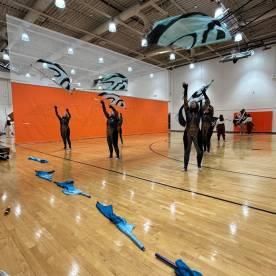
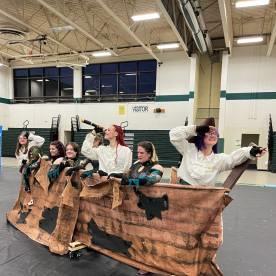
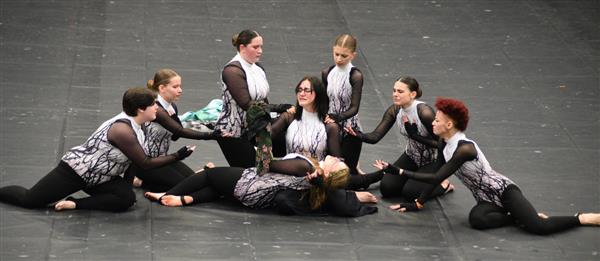

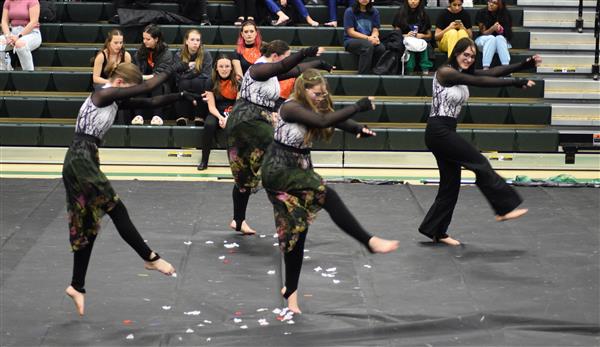
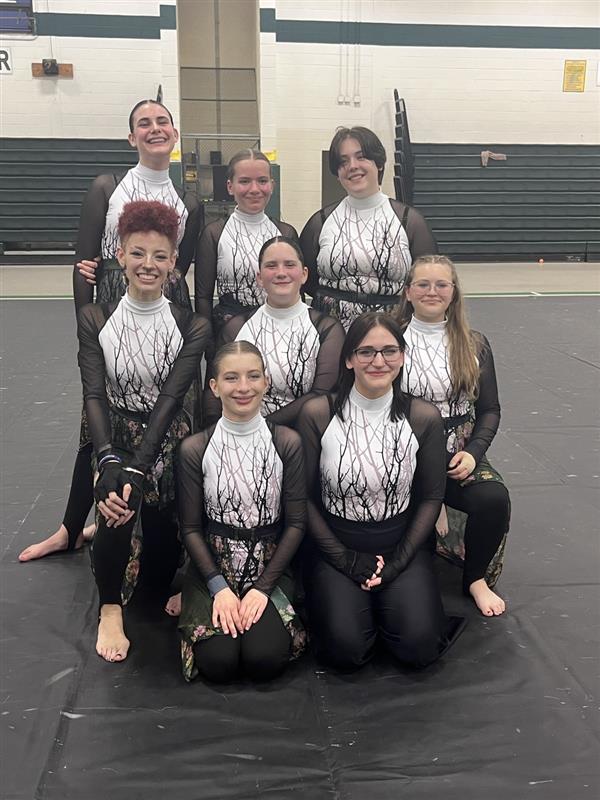
-
What is Winter Guard?
Winter guard is the sport of indoor color guard. The modern color guard is a combination of the use of flags, sabers, mock rifles, and other equipment, as well as dance and other interpretive movement. Color guards can be found in high schools, middle schools, some universities, and also some independent organizations, some of which are related to drum corps. - wgi.org
The PTHS Winter Guard is a competitive team activity that performs a four-minute routine which is choreographed and performed to recorded music. The activity emphasizes dance and compliments choreography with flags, sabers, rifles, and other props.
What is Indoor Percussion?
Indoor percussion ensembles consist of the marching percussion (also called battery) and front ensemble (also called pit) sections of a marching band or drum corps. Indoor percussion marries elements of music performance, marching, and theater; thus, the activity is often referred to as percussion theater.
What are Indoor Winds?
Indoor winds presents marching ensembles of any instrumentation in the same performance environment as indoor color guard and percussion ensembles.

